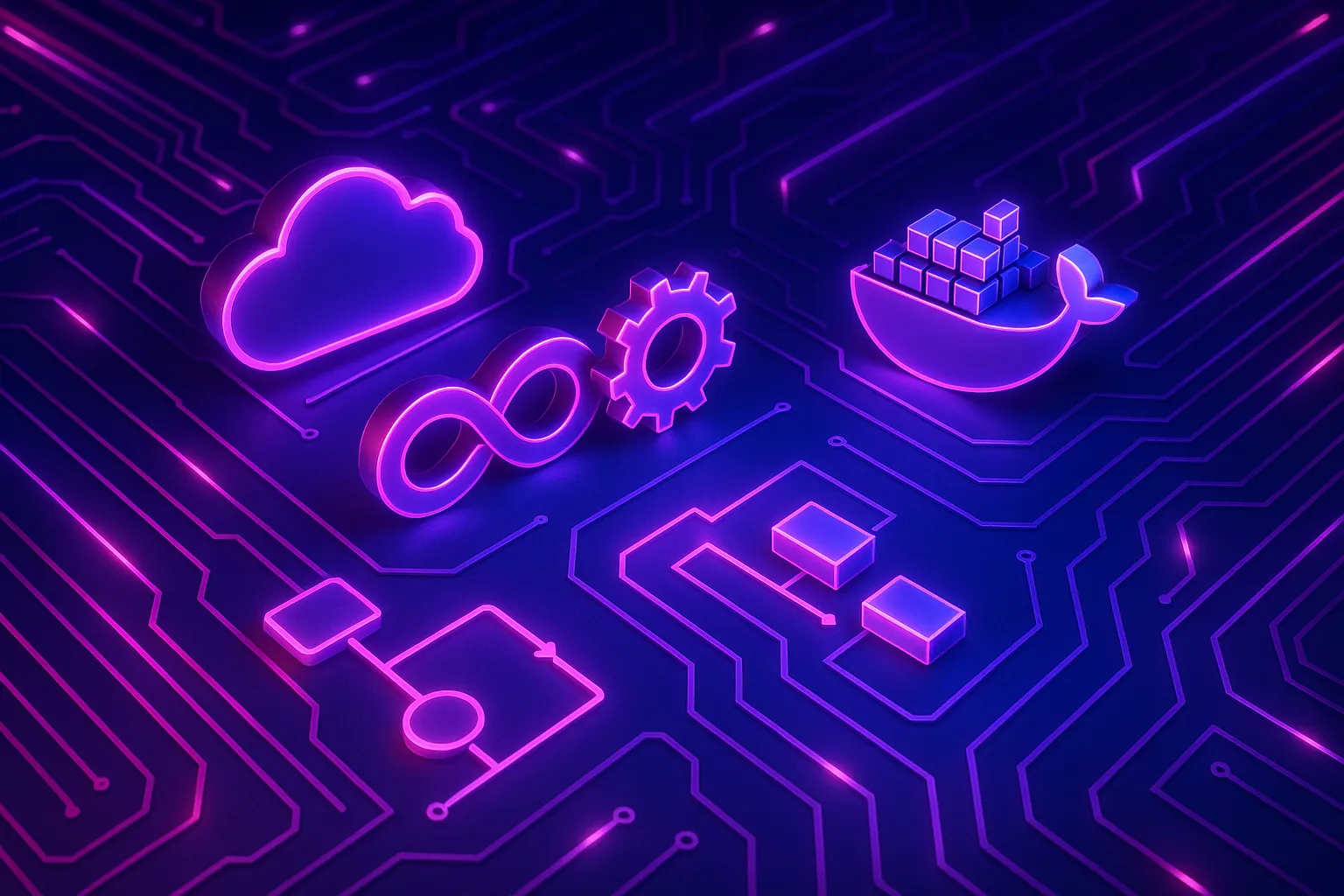Cloud Wars: Which Reigns Supreme - Azure, AWS, or Google Cloud?
2025-04-08T04:00:00+00:00

Navigating the cloud computing landscape can be daunting with major players like Microsoft Azure, Amazon Web Services (AWS), and Google Cloud Platform (GCP) vying to be the cornerstone of your digital strategy. Each platform offers a diverse set of services and unique features that cater to different business needs. We will break down the critical differences and help you decipher which might be the best fit for your organization.
## The Titans of Cloud Computing
**Amazon Web Services (AWS):** Established as the trailblazer in cloud service offerings, AWS provides a broad array of over 200 services and thrives on its extensive global infrastructure. With robust solutions for computing power, storage, and databases, AWS's versatility makes it a favorite for enterprises seeking comprehensive capabilities and scalability.
**Microsoft Azure:** If your organization is ingrained within the Microsoft ecosystem, Azure is designed to seamlessly integrate with your existing technology stack. Known for its enterprise-grade features, Azure excels in hybrid cloud models, enabling a seamless bridge between on-premises and cloud services, which can be pivotal for businesses looking to transition smoothly.
**Google Cloud Platform (GCP):** With powerful tools in data analytics and machine learning, GCP harnesses Google's extensive expertise in these domains. For businesses prioritizing high-performance computing and innovative data solutions, GCP provides cutting-edge services that support expansive data-driven strategies.
## What Sets Them Apart: Key Differentiators
Here’s what you need to compare among these cloud giants:
**Cost Structures:** Prices differ, with AWS using a pay-as-you-go model billed by the minute. Azure offers similar flexibility, but GCP shines with sustained use discounts and a per-second billing approach, potentially reducing costs for consistent usage.
**Service Portfolio:** AWS opens up a vast library of services, making it the most mature. Azure follows closely, enriched with Microsoft tool integration, while GCP, though narrower in choices, leads in innovative data and AI services.
**User Experience:** AWS offers a comprehensive interface that may be overwhelming for novices. Azure is more intuitive, especially for those accustomed to Microsoft products. GCP's interface is user-friendly, praised for its simplicity and modern touches.
**Reliability and Performance:** All boast high reliability, though AWS is noted for its resilience, Azure is consistent and dependable within enterprise environments, and GCP leverages Google's extensive network for fast data processing.
## Making Your Choice: Where Does Your Company Fit?
Selecting the right cloud platform is more than just a decision on services; it involves aligning your business goals with the ecosystem that best supports them.
- If your business is tightly tied to Microsoft infrastructure, Azure offers seamless integration.
- Seeking extensive service variety and global data reach? AWS provides unparalleled resources.
- Driven by big data needs and AI advancements? GCP's innovative data solutions might just be what you need.
As you assess these platforms, think not only about current needs but also about growth and future-proofing your technological investments.
## Charting Your Cloud Strategy
Crafting your cloud strategy isn't just about a checklist of features. It's an in-depth evaluation of strategic compatibility, cost-efficiency, and service requirements. Weigh the robust hybrid capabilities of Azure, the vast service spectrum of AWS, and the AI-forward offerings of Google Cloud against your business’s objectives.
Have you found a solution that aligns with your organization's goals, or are you still weighing the pros and cons? We invite you to share your experiences, insights, and potential use cases with peers exploring similar digital journeys.
Continue to explore and adapt, as cloud technology evolves rapidly, offering new opportunities to innovate and optimize your operations.
